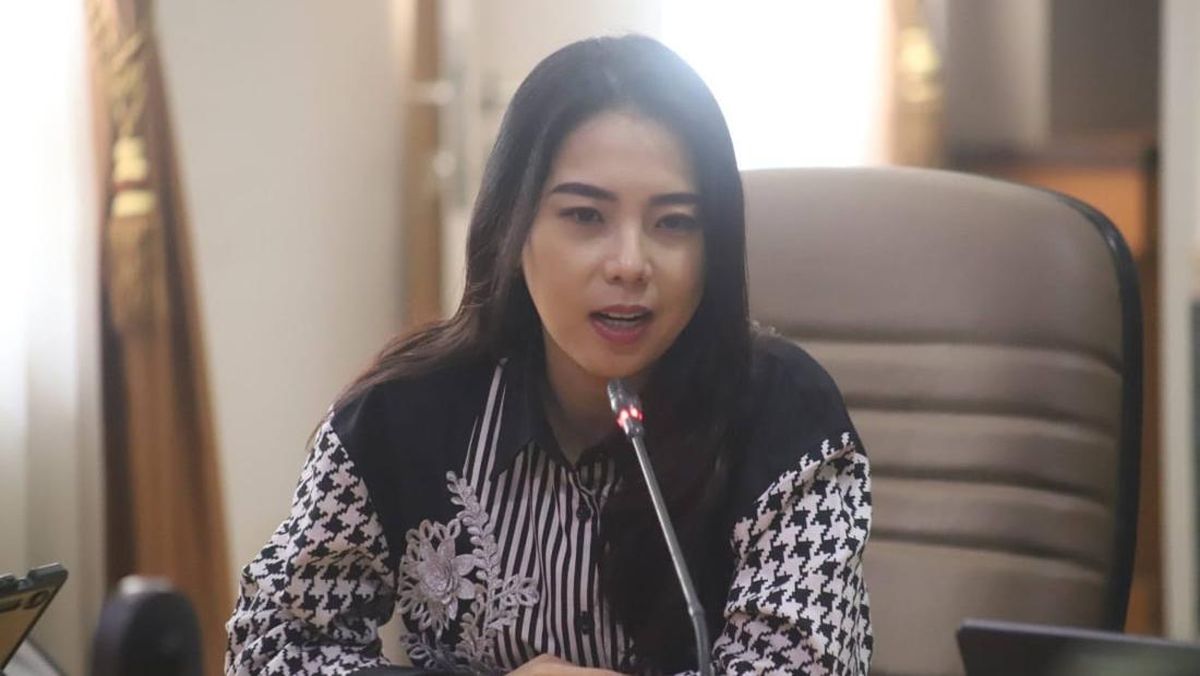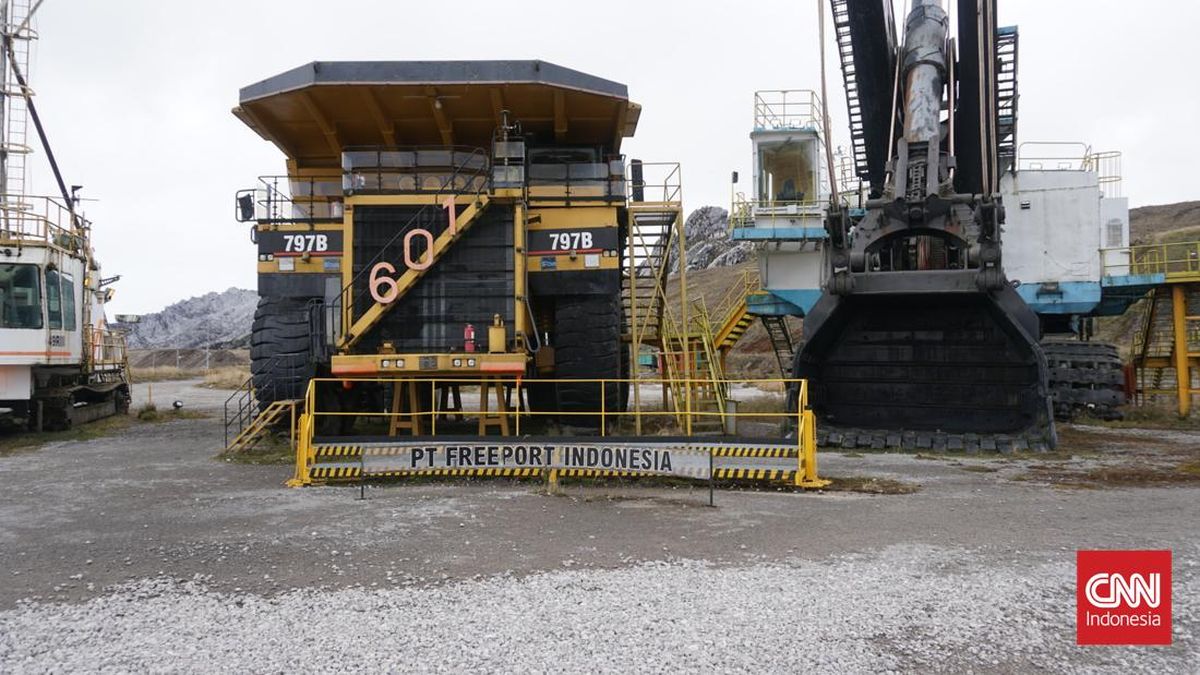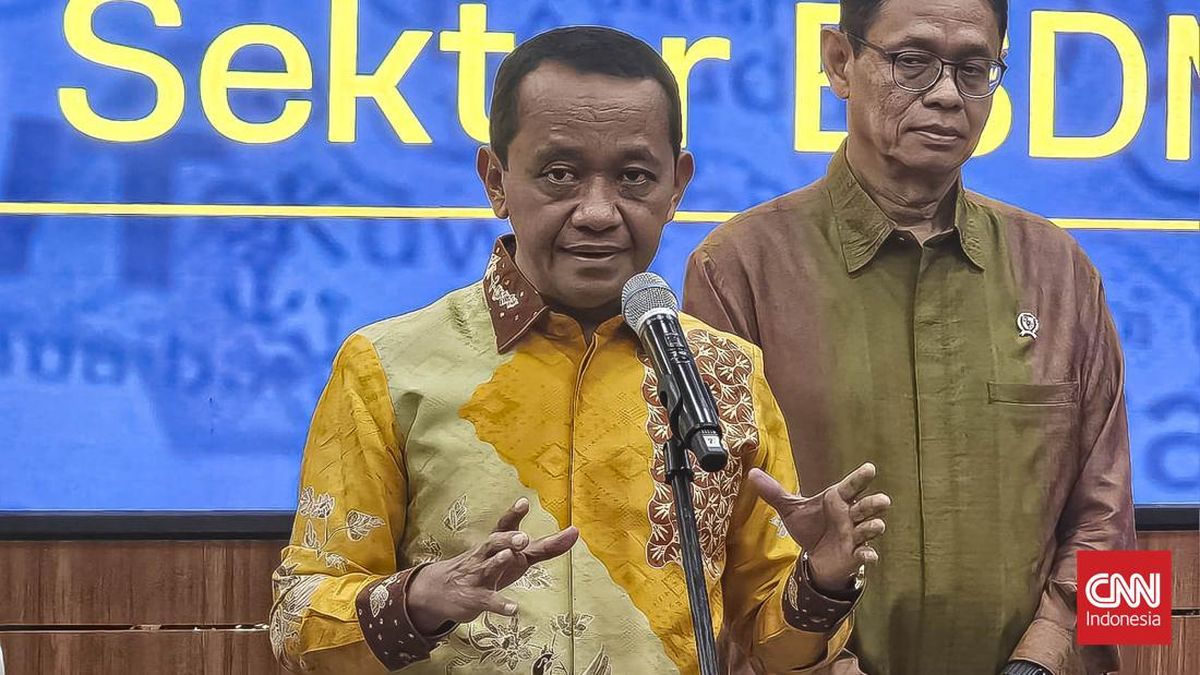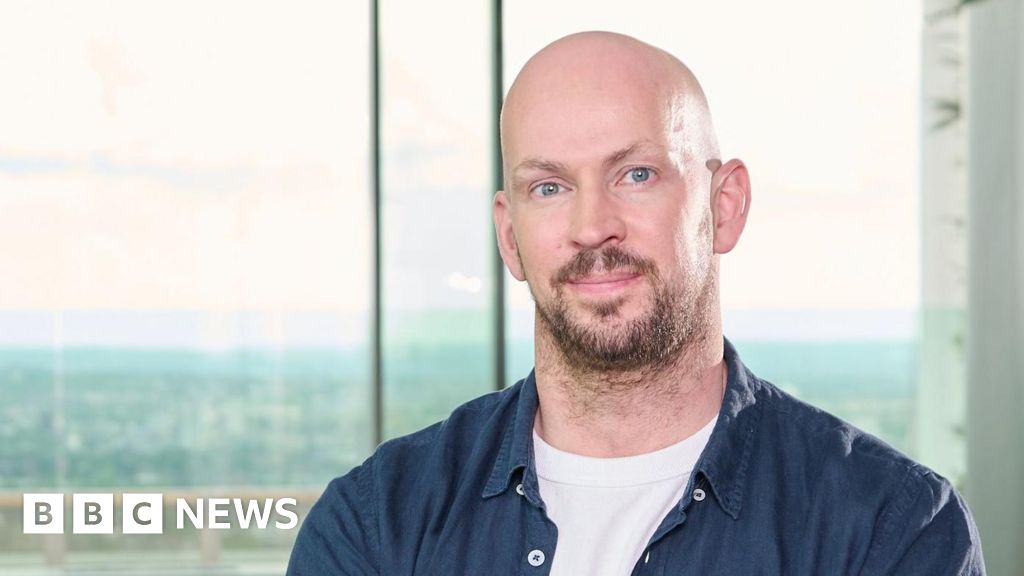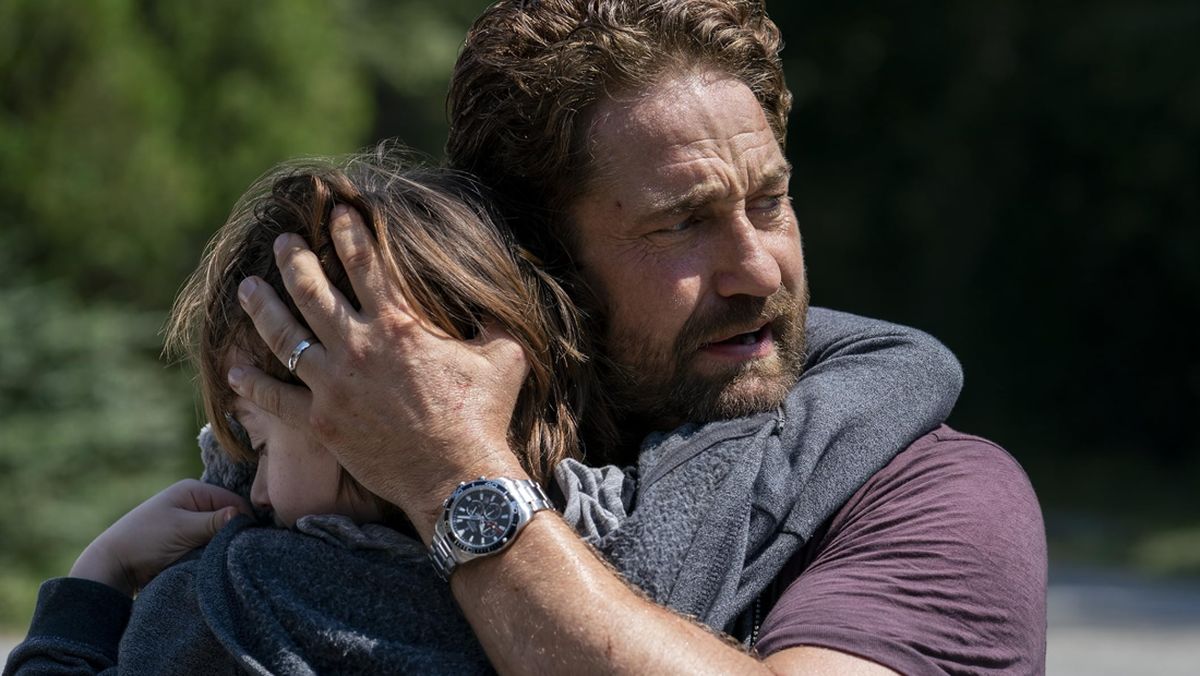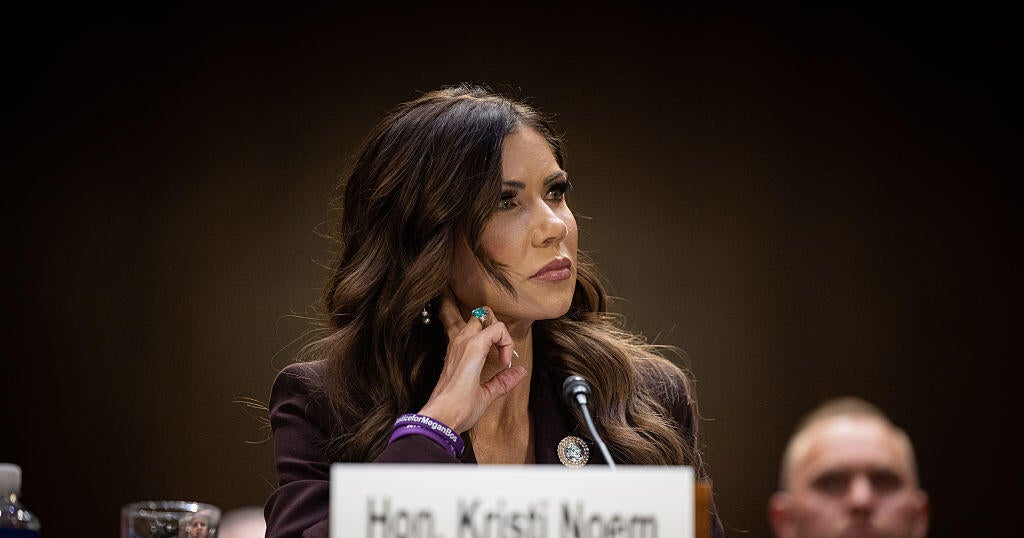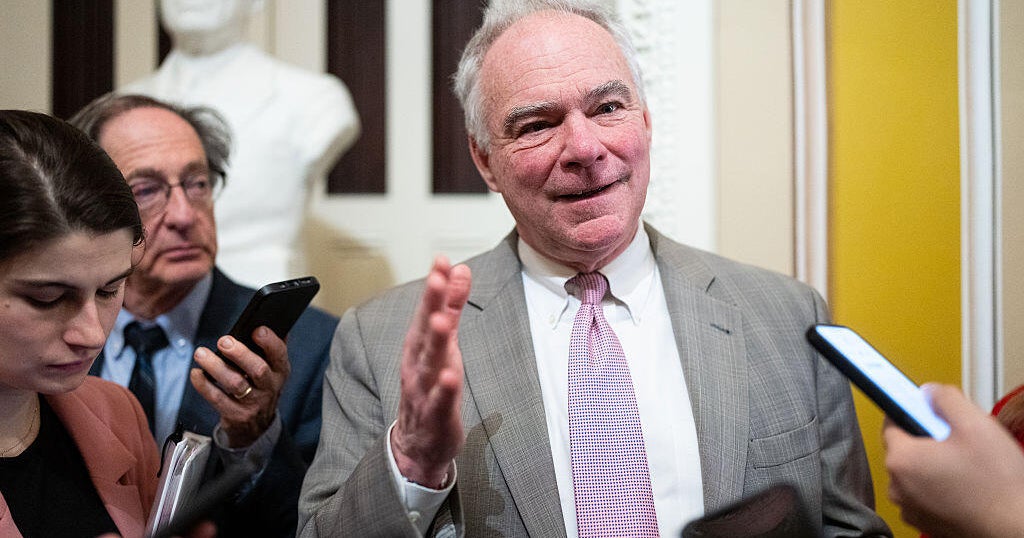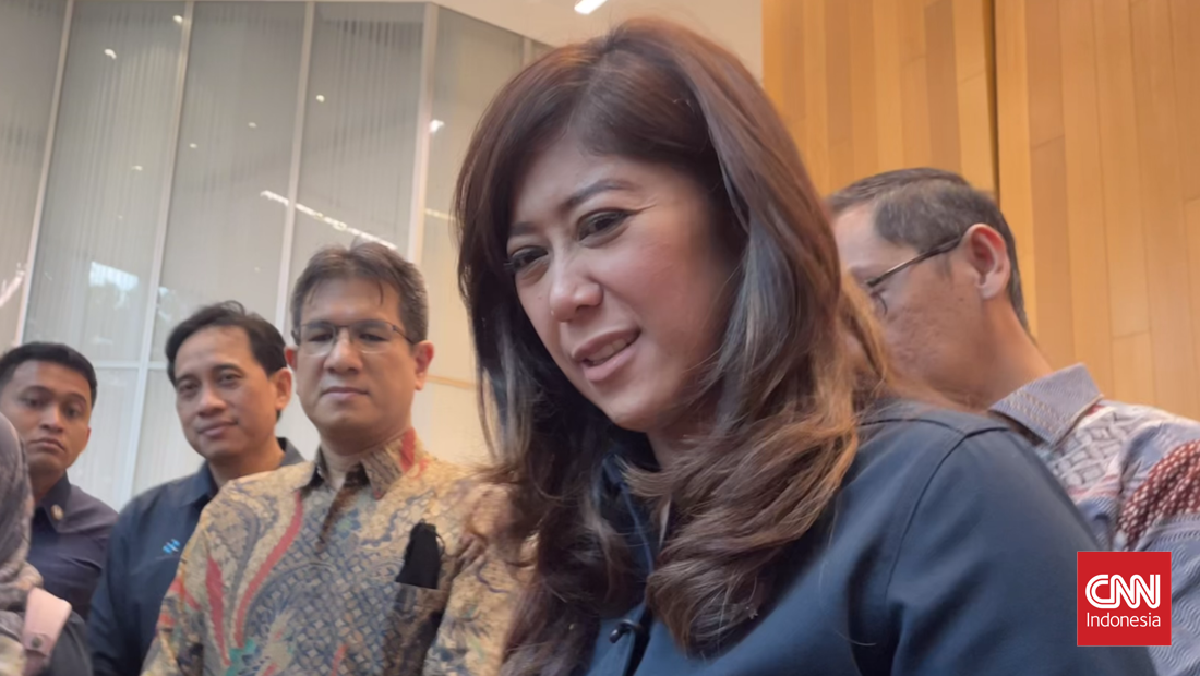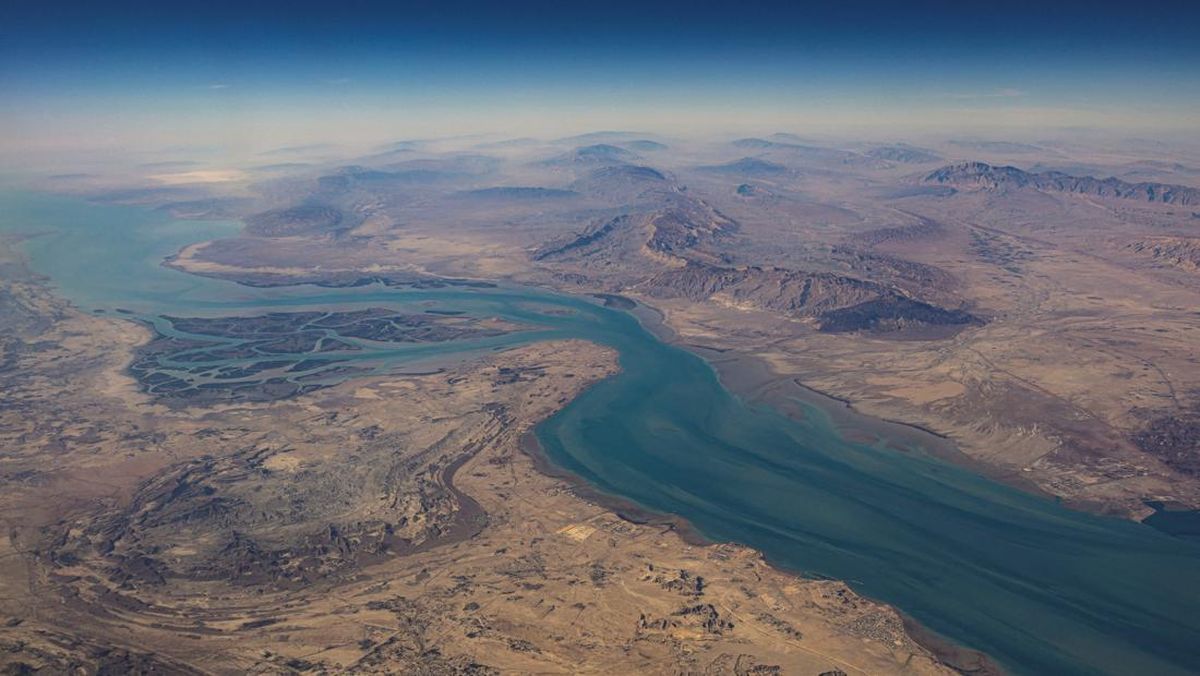Twiggy Forrest has got it absolutely right (“Paying for Putin’s oil is a security risk: Forrest”, November 24). Ban Russian oil and do it fast. I can’t believe the federal government is enabling Russia to shamelessly keep killing Ukrainian parents and children. They should take concrete steps to ensure our bowsers carry strictly non-Russian fuel. And what about some street marches telling Australia and the world where we stand on the war and the unbelievable US president, who wants the Ukrainians to surrender their land and a multitude of other rights just to appease his Russian friend (“Western leaders say Trump’s plan ‘leaves Ukraine vulnerable’ and needs work”, November 24)? William Tuck, Mosman

Credit: Cathy Wilcox
One way of reducing our contribution to Putin’s coffers would be to reduce our use of diesel. How about taking away the diesel fuel rebate for miners, which costs Australian taxpayers billions a year? These polluting companies would then be incentivised to install solar farms and electrify their fleets. Angela Michaelis, Balmain
I suppose it’s easy enough for me, as a retiree living comfortably and safe in Australia, to suggest how President Zelensky should respond to Donald Trump’s shameful proposal to “end the Russian war against Ukraine”. However, the words of Midnight Oil’s song Power and the Passion seem apt: Better to die on your feet than live on your knees. Martyn Yeomans, Sapphire Beach
Imagine if you will that Mexico suddenly invaded the US without provocation and after three gruelling years of war and thousands of deaths they managed to take Texas, Arizona and New Mexico. Would Trump accept a peace plan that ceded these states to Mexico permanently, and reduce the US military by half, with no sanctions against them for their aggression? The peace plan for Ukraine has been devised by Russia and delivered via Trump’s government for their signatures. Trish Nielsen, Avalon

Andrew Forrest at the Fortescue AGM last month.Credit: Tony McDonough
Lack of opposition
George Brandis may have convinced himself that the Liberal Party is not splitting, but they certainly show all the characteristics of a sinking ship (“Libs not splitting, it’s just a debate”, November 24). Instead of spending so much time plotting the downfall of their current skipper, they could always try acting like a true opposition and hold the government to account. Meanwhile, it’s being left to independents like David Pocock to point out the madness of sacking hundreds of scientists from the CSIRO, at a time when the government claims to be serious about tackling the challenges of climate change. Nick Franklin, Katoomba
“Some of the disputes the Liberal Party has lived through have been about issues much more fundamental than whether the party should adopt a far-away climate target.” Thus does a previous attorney-general describe the net zero target. Wallowing in the sloth of the past with just 18 Liberals in the 150-member House of Representatives, Brandis seems to think a sensible response to climate change is not fundamentally important. Little wonder that the fragile party is flirting with extinction. Victor Branson, Waterloo
To read George Brandis’ comments, you’d think the last federal election had never happened. He says the Liberals’ “entire approach to economic policy” is “an issue of vastly deeper significance than current differences about climate policy”. Harking back to the days of Menzies and Howard offers no guidance in dealing with current and future problems of climate change and sustainability. The world has moved on. It’s not that the economy is more important than the environment: it’s every aspect of environmental policy that affects the economy. If economic policy ignores the environment and the need to control emissions, we are surely doomed to suffer the disasters brought about by unchecked climate change. It’s not just a debate, “it’s the economy, stupid”. Jenifer Nicholls, Windsor (Vic)
Is George Brandis having a flight of fantasy? No matter what the Liberal politicians get up to within their own parliamentary ranks, and they may not be doing anything other than having an (internal) debate, it seems clear to observers that these MPs, while “debating” among themselves, are unaware that they have abandoned the people who put them in their seats in the first place. So, their internal debates may be self-satisfying, but their supporters will be long gone by the next election. Indeed, the trends seem to suggest many fewer MPs of the Liberal persuasion at the next election. At least the political landscape appears to be undergoing wholesale change, which can only benefit the people. Chris Rivers, Port Macquarie

Former attorney-general George Brandis (right) with then Liberal prime minister Malcolm Turnbull and former home affairs minister Peter Dutton.Credit: Andrew Meares
George Brandis, you confirmed what we all knew when you said “some of the disputes the Liberal Party has lived through have been about issues much more fundamental than whether the party should adopt a far-away climate target”. There is nothing, nothing, more fundamental to our survival on Earth than a massive national effort to reduce carbon pollution in our atmosphere and oceans to head off dangerous global heating, and that means having a net zero target. Former PM John Howard wrecked the housing market by halving the capital gains tax, wreaking misery on a whole generation. Well, it’s not going to be allowed to happen from a party that treats climate change as a low-order issue, and for whom the politics of climate is a game. Sue Young, Bensville
War on science
At school, I was among girls streamed into chemistry, physics and maths in Years 11 and 12 to bolster women’s participation in science. I later completed a BSc, only to find few jobs available. Science graduates were advised to complete an additional qualification which could lead to work, such as teaching or optometry, or to go overseas for employment. Since then, the CSIRO has been repeatedly cut. Apart from the most recent cuts (“CSIRO job cuts due to waste, not underfunding, ex-senior staff say”, November 24), its staff association has reported that more than 1200 employees left between 2014 and 2016 under the Coalition. In 2016, CSIRO management announced its shift from “public good science” to research with “immediate prospects for commercialisation”, which led to 350 world-leading scientists being unceremoniously sacked. This pattern highlights a prolonged failure to value scientific literacy and expertise in Australia. Our parliaments are packed with lawyers and political graduates but devoid of scientifically trained MPs, yet they preside over complex climate and energy policies. The promotion of STEM subjects may well suffer from a similar lack of solid support, despite the environmental and other crises confronting today’s world. Barbara Chapman, South Yarra (Vic)
Lesson in dedication
When I was a chalky, HSC marking provided a number of opportunities (“Inside the shed where HSC marks are being decided”, November 24). One big plus was the chance to earn a little more, and another was the “professional development” it provided. There was always at least one day of torrential rain and a drenching if you ran to the car park, and sweltering heat as you spent a long Saturday in a tin shed somewhere, reading your 35th essay on the rise of the Nazi Party. I first started marking when it was held at the showgrounds in Paddington, where we always joked that 250 geography teachers were housed in the pig pavilion but that during the show no more than 150 pigs could be squeezed in. Well done to all the teachers who have taken part in this year’s HSC marking. Teaching all day then marking for another five hours while maintaining your professionalism is worthy of congratulations. John Bailey, Canterbury

HSC supervisors of marking Laura Craven, Geoffrey Kemmis and Kyra Rose .Credit: Sam Mooy
Aged care reality
Melissa Reader plays down the complexities of planning for care late in life (“Everyone over 75 should plan for the final stage of life”, November 24). Her claim that the process is “not complicated” is an understatement, and does not tackle the real problem. Inadequate government funding means the average person is destined to spend their last days in a nursing home, despite the ideal of being nursed at home. This should be enabled with a tax similar to Medicare, whereby employees contribute a percentage of their salary to fund home packages, thus freeing up the hospitals and providing the optimum end-of-life environment. Unfortunately, most people don’t know the realities of nursing homes, where funding shortfalls result in substandard care, despite the best efforts of staff. I am forever grateful I was able to nurse my husband at home in his last weeks, thanks to a government care package. However, I fear this right will be denied to many owing to the huge waiting list. Elizabeth Maher, Gordon
Reading the good article by Melissa Reader, I was reminded of the passing of my sister-in-law. I went over to England to help my brother through the tough times and after the funeral we went to the Registrar of Births, Deaths and Marriages, armed with the death certificate from the hospital. There, the very helpful lady asked the relevant questions and then gave us the number of the “Tell Us Once” section of the registry. This is a central office to whom you give all the traumatic details, and they contact all the other relevant departments. You don’t have to go over it again and again with the Tax Office, the Passport Office, the Motor Registry, the Electoral Commission, the Health Service and sundry other departments, which just prolongs and deepens the distress you are feeling. I would suggest that something similar here would be of great benefit at a time when none of us are at our best. A little compassion goes a long way. Ron Wessel, Mount Saint Thomas
Driving up pollution
Spare petrol car owners the moral superiority please, Cornelius (Letters, November 24). My family does own an EV, but what raw materials and energy sources were used in producing its metallic, glass and plastic components, making and eventually disposing of its battery, shipping it to Australia, capturing and transmitting the power to run it, building and maintaining the roads to drive it on, etc? It would be interesting to see an all-inclusive, lifetime balance sheet comparing the environmental footprints of ICE and EV vehicles. Rob Baxter, Naremburn

Do EVs really have a smaller environmental footprint than internal combustion vehicles? Credit: AP
More than money
Good on you, Kerrie Wehbe, for pushing your super fund to be more ethical (Letters, November 22). I attended my super fund’s AGM last week and asked it to review its investments in companies complicit in Israeli settler policy (companies which appear on the UN’s published list). I and others I knew who asked similar questions were ignored. I supposed all we can do is to remind those in charge that their members aren’t only interested in maximising returns. Pat Duggan, Manly
Broken housing system
If the state government is truly serious about the provision of affordable rental housing in NSW, it needs to end the delusion that the private sector will be able to fix a deeply broken system, and start large-scale investment in public rental housing now. All the reforms appear to have achieved so far is the potential demolition of actually affordable rental accommodation in areas such as the eastern suburbs and inner west in favour of more luxury housing with a small amount of “affordable” dwellings. These apartments are of a lower standard of amenity, with rental of 80 per cent of the median for the suburb (hardly affordable in the current climate) and which only need to be kept as rental dwellings for 15 years, following which they can be sold on the open market. We need public housing, designed and maintained to a high standard with rents that reflect what the renter can afford, not 80 per cent of what the market dictates, and we need them now. Gina Hay, Bayview
‘Values’ rhetoric divides
All this talk of values is rubbish and designed to further divide us as a nation (“Australian-ness should be how we live, not how we look”, November 22). To think that somehow we can determine Aussie values with a questionnaire or interview when on a daily basis in our schools, hospitals, workplaces, roads and homes, existing citizens demonstrate behaviour at odds with these so-called values. I would be happy to accept anyone who agrees to live by the laws of this country and accepts the outcomes of our democratic processes. “Aussie values” are aspirational. Neil Reckord, Gordon
Make it rain
For a price tag of $96 million, I expect to be able to order the weather I want from the BoM’s new website and have it delivered to me that day (“Watt unaware of scope of $96m blowout of BoM website”, November 24). Stephen Driscoll, Castle Hill
I have to disagree with the view that the BoM’s upgraded website is not as good as the old one. I decided to spend 15 minutes focusing on what was there and how it worked. I was pleasantly surprised. Sure, I could make some suggestions, such as moving the hourly prediction forward a few columns rather than a page, but generally, I find it much easier to use. I challenge other critics to take 15 minutes to learn how to navigate the site. Neville Turbit, Russell Lea
Match fails the Test
Millions of words will be written and spoken about the first Ashes Test in Perth (“Cricket fans stunned as game ends prematurely”, November 24). Four words will define the pantomime – beach cricket on steroids. Bill Leigh, West Pennant Hills

Fans got less cricket than they had hoped for at the first Ashes Test in Perth. Credit: Getty Images
I cancelled appointments and bunkered down, expecting an exciting four-day Test match. Why do I feel like I have just watched two one-day games? Ken Pares, Forster
- To submit a letter to the Sydney Morning Herald, email [email protected]. Click here for tips on how to submit letters.
- The Opinion newsletter is a weekly wrap of views that will challenge, champion and inform. Sign up here.





